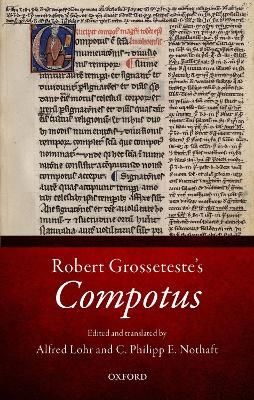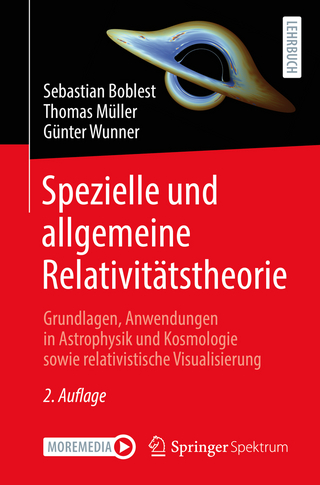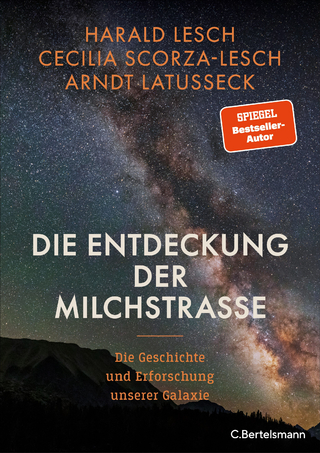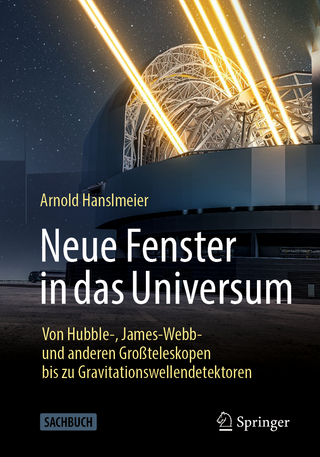
Robert Grosseteste's
Oxford University Press (Verlag)
978-0-19-882775-7 (ISBN)
Robert Grosseteste (1168/75-1253), Bishop of Lincoln from 1235-1253, is widely recognized as one of the key intellectual figures of medieval England and as a trailblazer in the history of scientific methodology. Few of his numerous philosophical and scientific writings circulated as widely as the Compotus, a treatise on time reckoning and calendrical astronomy apparently written during a period of study in Paris in the 1220s. Besides its strong and long-lasting influence on later writers, Grossteste's Compotus is particularly noteworthy for its innovatory approach to the theory and practice of the ecclesiastical calendar--a subject of essential importance to the life of the Latin Church. Confronting traditional computistical doctrines with the lessons learned from Graeco-Arabic astronomy, Grosseteste offered his readers a critical and reform-oriented take on the discipline, in which he proposed a specific version of the Islamic lunar as a substitute for the failing nineteen-year cycle the Church still employed to calculate the date of Easter. This new critical edition of Grosseteste's Compotus contains the Latin text with an en-face English translation. It is flanked by an extensive introduction and chapter commentary, which will provide valuable new insights into the text's purpose and disciplinary background, its date and biographical context, its sources, as well as its reception in later centuries.
Alfred Lohr is a mathematician with many years of experience as IT-Manager in Swiss industry. Since his retirement from IBM he has completed a PhD in Latin Philology at the University of Freiburg and now specializes in the edition of medieval computus texts. His publications include Der Computus Gerlandi: Edition, Übersetzung und Erläuterungen (2013) and Opera de computo saeculi duodecimi (= Corpus Christianorum Continuatio mediaevalis, 272) (2015). C. Philipp E. Nothaft has a PhD in Modern History from the University of Munich. He has held research positions at The Hebrew University of Jerusalem, University College London, and the Warburg Institute. Since 2015, he has been Post-doctoral Research Fellow at All Souls College, Oxford. He is the author of Scandalous Error: Calendar Reform and Calendrical Astronomy in Medieval Europe (2018), Walcher of Malvern: "De lunationibus" and "De Dracone"; Study, Edition, Translation, and Commentary (2017), Medieval Latin Christian Texts on the Jewish Calendar: A Study with Five Editions and Translations (2014), and Dating the Passion: The Life of Jesus and the Emergence of Scientific Chronology (200-1600) (2012).
Abbreviations
Manuscript Sigla
Introduction
The Manuscripts
Editorial Principles
The Text and its Translation
Commentary
References
| Erscheinungsdatum | 27.03.2019 |
|---|---|
| Verlagsort | Oxford |
| Sprache | englisch |
| Maße | 145 x 223 mm |
| Gewicht | 482 g |
| Themenwelt | Naturwissenschaften ► Physik / Astronomie ► Astronomie / Astrophysik |
| ISBN-10 | 0-19-882775-X / 019882775X |
| ISBN-13 | 978-0-19-882775-7 / 9780198827757 |
| Zustand | Neuware |
| Haben Sie eine Frage zum Produkt? |
aus dem Bereich


